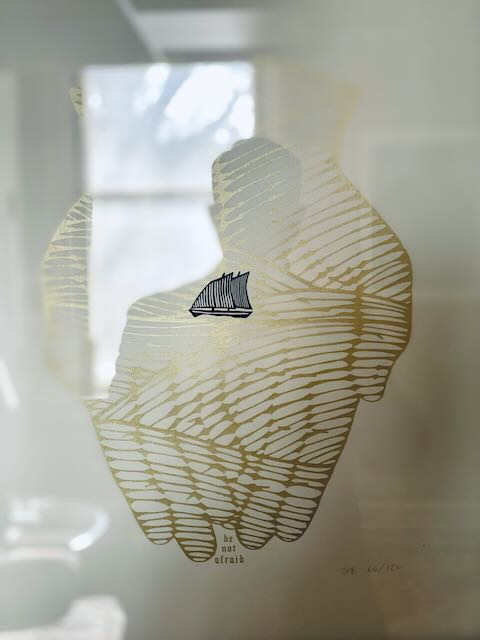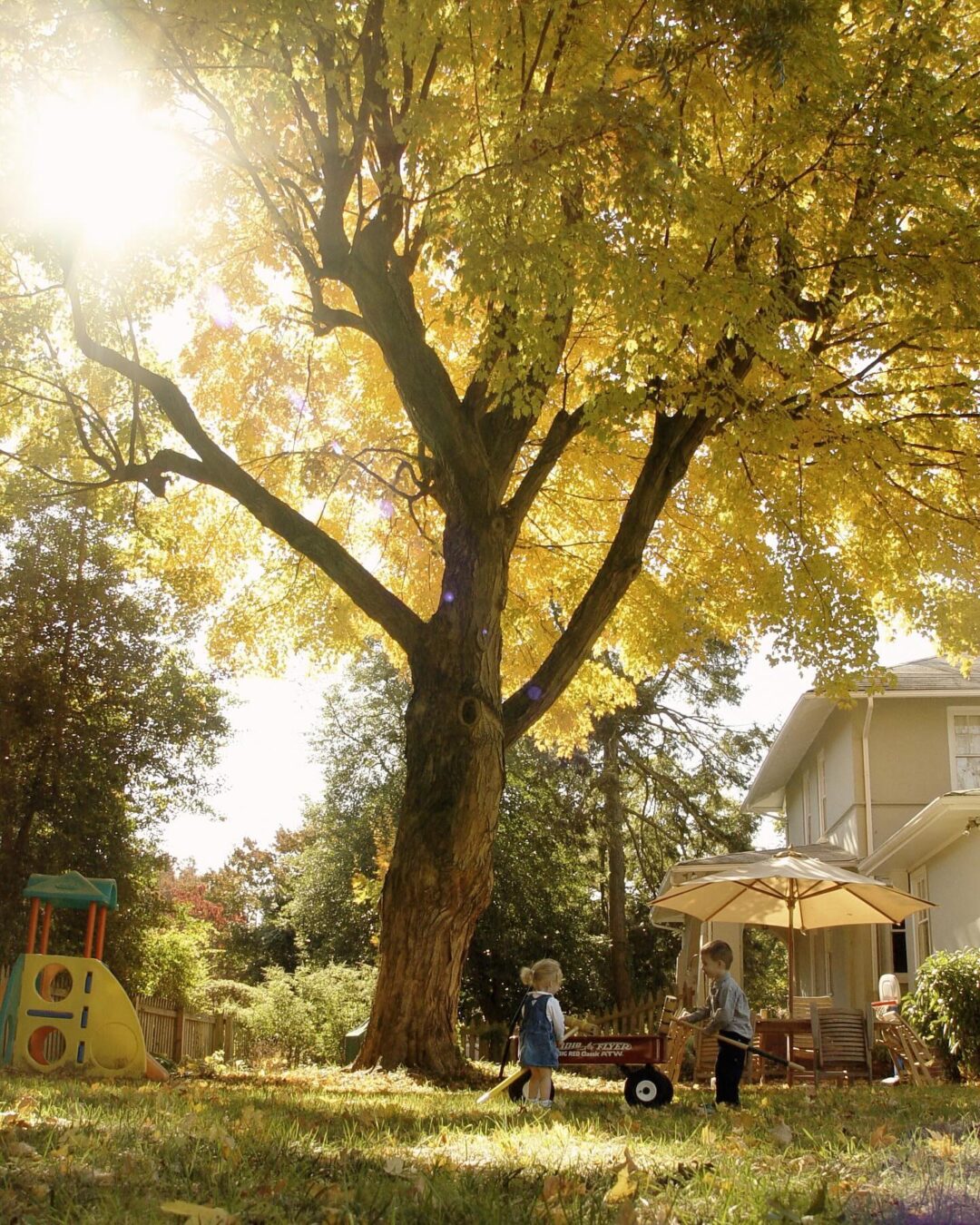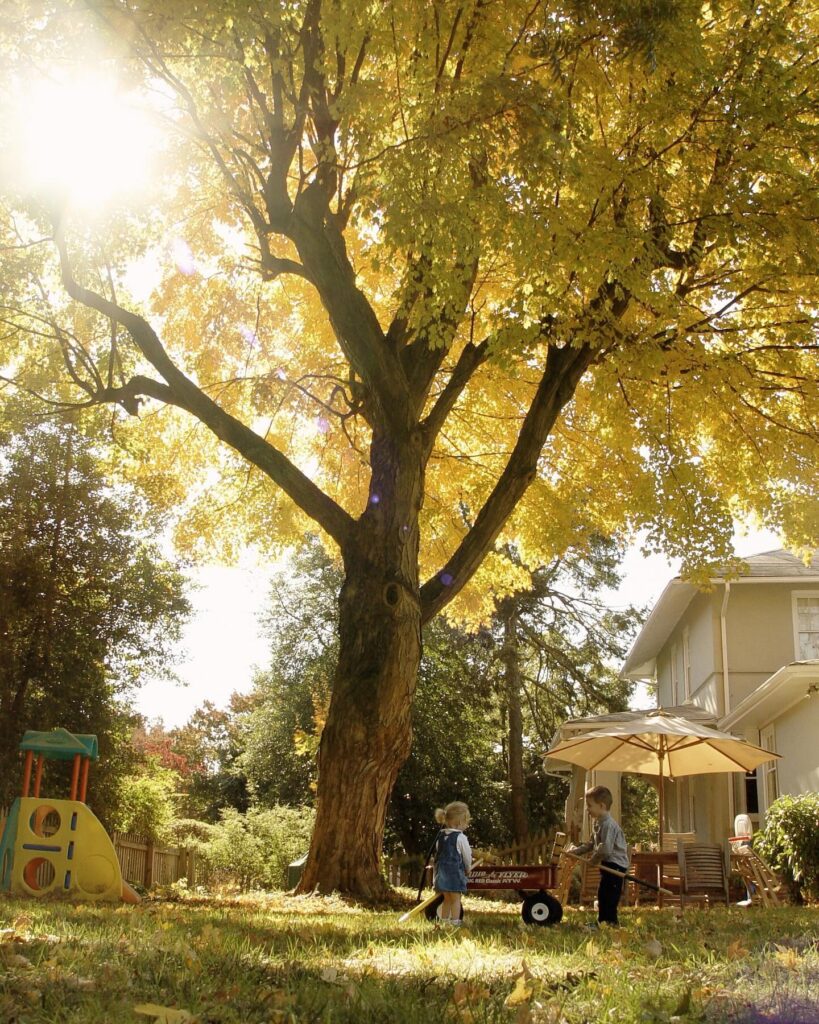The Destructive Power of Judgmentalism: Romans 2:1-16
Sermon: September 22, 2024
Romans 2:1-16: The Destructive Power of Judgmentalism
Going Deeper
Understanding God’s Judgment and Kindness in Romans 2
In Romans 2, Paul confronts the tendency to judge others while failing to recognize one’s own sins. Theologian Charles H. Talbert points out that Paul is addressing a primarily Jewish audience who might feel superior to Gentiles because of their knowledge of the law. However, Paul makes it clear that knowledge alone does not justify anyone before God. Instead, it’s the transformation of the heart and actions that matters (Smyth & Helwys Bible Commentary: Romans, Charles H. Talbert, p. 52).
Paul’s emphasis on God’s kindness leading to repentance (Romans 2:4) is not a sign of leniency, but an opportunity for change. The kindness of God is meant to transform, not to condone continued disobedience. Talbert describes this kindness as an invitation to a “radical life-change,” where one stops depending on outward observance of the law and instead focuses on a life transformed by God’s love and grace.
Reflection:
- How do we, like Paul’s audience, sometimes depend on our religious knowledge or practices to justify ourselves?
- In what ways is God’s kindness inviting you to a deeper transformation?
The Hypocrisy of Judgmentalism
N.T. Wright, in his biography of Paul, explains that Paul’s concern is not just with overt acts of judgment, but with the underlying hypocrisy. For Paul, the real issue is not about who is ‘in’ and who is ‘out,’ but about the state of the heart. Wright emphasizes that God’s judgment is impartial and based on truth, regardless of one’s background or identity (Paul: A Biography, N.T. Wright, p. 189).
Paul’s challenge is to both Jews and Gentiles to move beyond a superficial observance of the law and to embrace the deeper work of the Spirit. He points out that those who judge others are guilty of the same things they condemn. The only path forward is humility and repentance, acknowledging that we all stand in need of God’s mercy.
Reflection:
- Where in your life do you see a gap between what you say you believe and how you live?
- How might God be calling you to close that gap?
The Law Written on Our Hearts
A crucial part of Paul’s argument in Romans 2 is that true obedience is a matter of the heart, not just external adherence to the law. A. Katherine Grieb highlights that for Paul, the real ‘circumcision’ is not physical, but spiritual—circumcision of the heart (Romans: A Theological Commentary on the Bible, A. Katherine Grieb, p. 54). This internal transformation is available to both Jews and Gentiles, making it clear that God’s judgment is based on inner transformation and not just outward compliance.
Grieb explains that this “circumcision of the heart” is an act of the Holy Spirit, transforming believers from the inside out. It represents a new way of belonging to God that transcends ethnic and cultural boundaries. This challenges us to reflect on the ways we might rely on external markers of faith rather than seeking the inward renewal that God desires.
Reflection:
- In what ways have you relied on external practices or traditions to define your faith?
- How might God be inviting you to experience a deeper, heart-level transformation?
God’s Transformative Love: Moving Beyond Judgmentalism
Richard Rohr talks about how Paul’s message isn’t just about following rules or judging who’s right and wrong. Instead, it’s about how God’s love invites us to be changed from the inside out. In Romans 2, Paul warns that when we judge others, we’re often blind to our own faults. Rohr reminds us that God isn’t focused on punishing or rewarding us based on our behavior. God wants us to experience a deeper transformation—a change in our hearts that helps us see ourselves and others through the lens of grace (In the Footsteps of St. Paul, Richard Rohr).
Paul is inviting us to stop focusing on what’s wrong with others and, instead, allow God to work within us. This means letting go of our tendency to judge and embracing a new way of living—one that is grounded in love, compassion, and humility. When we do this, we can experience the radical life-change that Paul talks about in Romans 2, where our hearts are transformed and we become more like Christ.
Reflection Questions:
- How can you allow God’s love to change your perspective on others, especially those you are tempted to judge?
- In what areas of your life do you sense God inviting you to let go of judgmental attitudes and embrace transformation?
- How might seeing yourself and others through God’s eyes of grace change the way you interact with people?
The Bigger Picture of God’s Plan
N.T. Wright explains that Paul’s message in Romans isn’t just about individual salvation; it’s part of a much bigger story of God’s plan to renew all creation. He emphasizes that God’s judgment in Romans 2 is not about punishing individuals, but about holding humanity accountable for how we’ve failed to live out our calling as image-bearers of God. God’s purpose has always been to bring about new creation through a transformed people, and this begins with us (Into the Heart of Romans: A Deep Dive into Paul’s Greatest Letter, N.T. Wright, p. 74).
Paul reminds us that judging others distracts us from our own failures to live as God intended. Instead of pointing fingers, we are called to reflect God’s love and grace in the world, participating in the restoration of creation that God envisions. This means recognizing that we are all part of the problem and all invited to be part of the solution through God’s transformative love.
Reflection Questions:
- How does seeing God’s plan as bigger than individual salvation change the way you read Romans 2?
- In what ways can you participate in God’s plan for renewal and restoration, starting in your own community?
- How might embracing your role as an image-bearer of God impact how you treat others, especially those you are tempted to judge?
The Trap of Judgmentalism
In the sermon, we talked about how easy it is to fall into the trap of judging others. Paul warns us in Romans 2:1 that when we judge, we are often condemning ourselves, projecting our own insecurities onto others. Judgmentalism is a form of hypocrisy that isolates us from experiencing God’s grace and truth. Instead of focusing on others’ faults, we are invited to examine our own hearts and seek God’s transformation.
Reflection Questions:
- Can you think of a time when you judged someone harshly, only to later realize you were struggling with a similar issue? What did God reveal to you in that experience?
- How does judgmentalism create barriers between you and others? What might it look like to replace judgment with curiosity or compassion?
- What fears or insecurities might be at the root of your judgmental attitudes? How is God inviting you to address these today?
A Toddler in the Parking Lot: An Illustration of God’s Love
During the sermon, we reflected on a story of a toddler running away from his mother’s hand, unaware of the danger around him. This story illustrates how we often pull away from God’s guidance, thinking we know better. Like a loving parent, God doesn’t force us to stay close but continues to pursue us, ready to guide us back to safety. When we finally choose to stop running, we can take God’s hand and trust in divine guidance, experiencing the true freedom found in walking with God.
Reflection Questions:
- In what areas of your life have you pulled away from God’s guidance, thinking you knew better? How has that impacted you?
- How have you experienced God’s loving pursuit, even when you’ve made choices that led you away from divine protection?
- How can you create space in your life to listen for God’s guidance and respond, especially in areas where you’ve struggled to trust?
The Consequence of Rejecting God’s Love
In the sermon, we discussed how judgmentalism leads to storing up wrath, not as punishment, but as the natural result of rejecting God’s love and grace. It’s like trying to run a car without oil—it simply won’t work as intended. God’s kindness, however, is meant to lead us to repentance, inviting us to let go of judgmentalism and turn back to love.
Reflection Questions:
- How have you experienced the consequences of judgmentalism in your own life? How has it impacted your relationships with others and with God?
- What might God be inviting you to repent of today? How can God’s kindness lead you to change your mind and heart?
- In what ways is God’s love inviting you to move beyond judgmental attitudes and into a deeper experience of God’s grace?
Receiving God’s Love, Loving Ourselves, and Loving Others
We also explored the importance of receiving God’s love for ourselves before we can truly love others. When we accept God’s love, flaws and all, we begin to see ourselves as beloved children of God. This acceptance enables us to love ourselves and, in turn, to love others more authentically and freely, even those who are difficult to love.
Reflection Questions:
- What practical steps can you take this week to remind yourself of God’s love and extend that same grace to others?
- What does it mean for you to love yourself as God loves you? How might this self-love change the way you interact with others?
- Who in your life is difficult to love right now? How might receiving more of God’s love for yourself enable you to love that person more genuinely?
Empathy: The Antidote to Judgmentalism
The sermon highlighted how judgmentalism often stems from our own shame and insecurities. Brene Brown’s insights show us that empathy is the antidote to judgment. By seeing others through the eyes of compassion and understanding their struggles, we can replace judgment with love and connection. This is the kind of transformation that God’s kindness and grace invite us into.
Reflection Questions:
- Think of someone you’ve judged recently. What might they be struggling with that you haven’t considered? How can you show them empathy this week?
- Where have you felt judged or misunderstood by others? How has this experience impacted your ability to be empathetic toward them?
- What is one concrete way you can show empathy to someone you’ve struggled to understand this week?
A Call to Transformation
In summary, the sermon invited us to look inward, to recognize where judgmentalism has taken root, and to allow God to transform us. By receiving God’s love, embracing empathy, and breaking down barriers, we can move beyond judgment and live more fully into the love and grace God offers.
Reflection Questions:
- What steps can you take to let go of judgmental attitudes and embrace God’s transformative love?
- How can you actively practice empathy and understanding in your daily interactions?
- What does it mean for you to participate in God’s healing work in your own life and in the world around you?
Thoughtful Quotations
“To be a Christian means to forgive the inexcusable because God has forgiven the inexcusable in you. This is hard. It is perhaps not so hard to forgive a single great injury. But to forgive the incessant provocations of daily life—to keep on forgiving the bossy mother-in-law, the bullying husband, the nagging wife, the selfish daughter, the deceitful son—how can we do it? Only, I think, by remembering where we stand, by meaning our words when we say in our prayers each night, ‘Forgive us our trespasses as we forgive those that trespass against us.’”
— C.S. Lewis, The Weight of Glory
“You didn’t think, did you, that just by pointing your finger at others you would distract God from seeing all your misdoings and from coming down on you hard? Or did you think that because he’s such a nice God, he’d let you off the hook? Better think this one through from the beginning. God is kind, but he’s not soft. In kindness he takes us firmly by the hand and leads us into a radical life-change.”
— Eugene Peterson, The Message, Romans 2:3-4
“When we honestly ask ourselves which person in our lives means the most to us, we often find that it is those who, instead of giving advice, solutions, or cures, have chosen rather to share our pain and touch our wounds with a warm and tender hand.”
— Henri Nouwen, Out of Solitude









